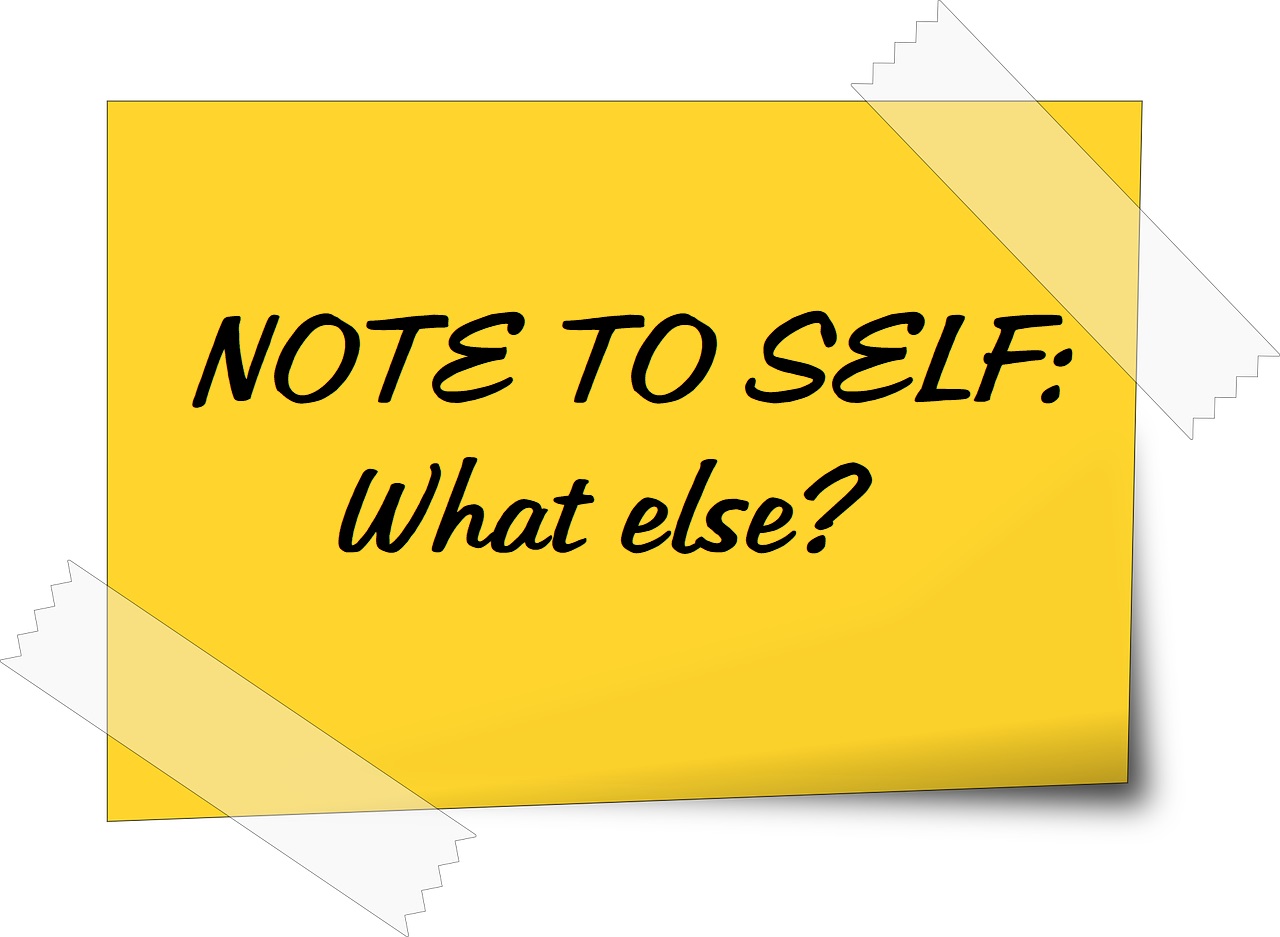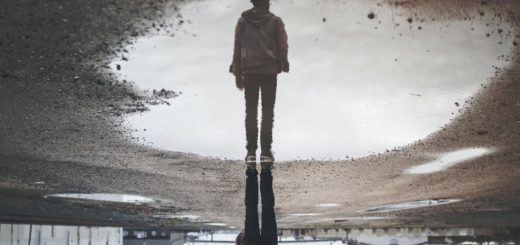The Search for Meaning & Purpose: What Else?

What else can you do besides what others in your field can do? In other words, what else can you do that makes you stand out?
Career Assets
You have career assets, and these include your skills, knowledge and experience, as well as your natural talents.
Determining your skills might be the easiest place to start. Skills are those things you can do that very likely required some sort of training. According to the dictionary, a skill is “proficiency, facility, or dexterity that is acquired or developed through training or experience.” Learning to read, learning to type, learning to use a software program on a computer… these are all learned, applied skills.
On the other hand, talents are innate. The dictionary defines talent as “a marked innate ability, natural endowment or ability of a superior quality.” If you’re like most people, it’s hard to step back and look at yourself from an objective point of view and determine what your natural talents are. Why? Because your natural talents were always there, even as a child, and you probably take them for granted since they are such a part of you. Think about the things which come very easily to you. You might even have trouble understanding why something that seems so easy to you is hard for someone else.
It’s important to distinguish skills from natural talent. You can have raw, natural talent and never really develop skills for it. You can learn skills for something without having a raw, natural talent. And you can have both the talent and the skill.
For example, you can have a knack for picking up computer programming languages. But this isn’t the same as simply taking a course and learning the skill.
Examples
To demonstrate the difference between skill and talent yet show how they are so intrinsic to each other, let’s look at a musical example. Miles Davis obviously had natural musical talent but didn’t began taking trumpet lessons until he was 13, and by age 33 his well-developed musical skills led to the release of the best-selling jazz album of all time, Kind of Blue. He had to learn how to read & write music, make arrangements, play the trumpet, etc. These were the skills he used to develop his natural talent.
Here’s one more example: you can learn the mechanics of writing (skills) – spelling, grammar and even sentence diagramming – but writing talent is more than simply being able to use the skills that most learn in primary school. It might be the innate ability to tell a story in a captivating way or to cleverly turn a simple statement into something more elegant and poetic.
Author and screenwriter, Julie Gray, once made a great observation about talent: “…while I do believe talent is inborn from day one, it does need to be identified and groomed. If Michael Phelps had grown up in a Bedouin family with no access to a swimmable body of water, perhaps his talent would never have blossomed into more than a great eye for a distant oasis.”
Another “What Else” Question
One more “what else” question for you to consider is what else you can do with your talent outside of your regular concept of a job. If you aren’t already using your full potential in your job, you can certainly be fully engaged in your life by using your talent wherever you can.
However, for many of us, we hold out hope that there is a way to marry our unique talents with our career. After all, there are many who have done so successfully. Pablo Picasso was able to earn a great living from his art. Robert DeNiro can certainly pick and choose the films he wants to make.
If you are a creative type who wants to use your talent in your job, check out the book by Carol Lloyd, Creating A Life Worth Living: A practical course in career design for artists, innovators, and others aspiring to a creative life. In it, Lloyd makes the observation that “Some individuals seduced by the illusion of security and comfort, become slaves to their day jobs and lose track of their original creative intention. Others live with intolerable, low-wage day jobs – sacrificing so much for their art that they cease to have lives.”
Lloyd says that if you are stuck in a day job that’s preventing your creative growth, try cashing in on “your compulsions, your obsessions and your plain bad habits.” She gives the example of a performance artist who loved to do research on bizarre topics for his art. When he should have been at work or looking for a job, he would spend hours in the library. He finally figured out that his talent and passion for researching translated to something he could use for an “art-friendly day job” – designing and teaching seminars on grant writing for artists, grant writing for nonprofits and how to get scholarships for college.
We can talk about how to use your passion or interests outside of the usual way too. What you might think is the only way may not always be the only way. What else can you do?
For example, a resume writer I once collaborated with told me about one of his clients who had always loved film. His client loved going to the movies. He was practically obsessed. The client said, “If I could get paid to watch movies all day, that would be heaven!” His answer to “What else?” was to become a film critic.
Same thing with another guy who asked “What else?” He had a strong interest in history, but he didn’t want to be a history teacher. He wondered if he could just get paid to read history books. He also had a talent – his voice was a good voice. So, he put his interest and his talent together and got a job reading history textbooks aloud for a company that produced audio textbooks for blind and sight-impaired students.
So, I ask you… what else can you do that you’ve not considered before?
__________________________________________________________
Angela Loeb is into self-development & personal empowerment, being awed by nature, writing, and being inspired by superhero stories. She’s also a career expert who’s advised job seekers for more than two decades.
http://angelaloeb.com
__________________________________________________________



